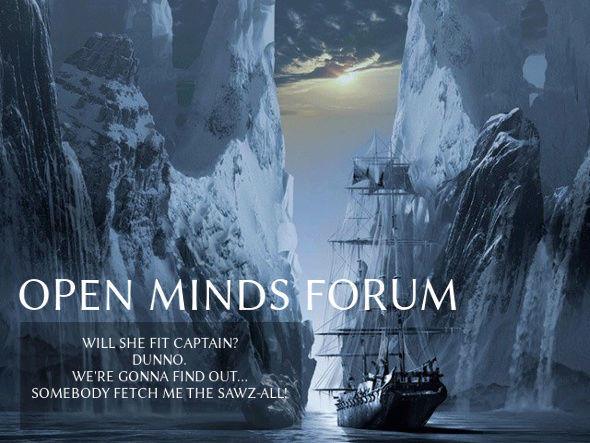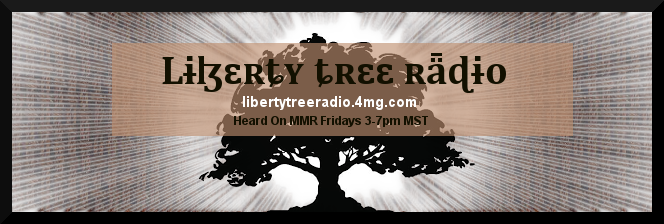 by SurfBum Tue Dec 04, 2018 10:56 am
by SurfBum Tue Dec 04, 2018 10:56 am
What is the idea and ideal of resurrection? The following parable can be useful to us for understanding the meaning of the idea and ideal of resurrection:
Some people are near the bed of a sick person and give their opinions on his state and his prospects. One of them says: "He is not ill. It is his nature which is manifesting in this fashion. His state is only natural." Another says: "His illness is temporary. It will be followed naturally by the re-establishment of his health. Cycles of sickness and health follow one after the other, This is the law of destiny." A third says: "The illness is incurable. He is suffering in vain. It would be better to put an end to his suffering and to give him, through pity, death." Then the last one begins to speak: "His illness is fatal. He will not recover at all without help from outside. It will be necessary to renew his blood, for his blood is infected. I shall let his blood and then give him a transfusion of blood. I shall give my blood for the transfusion." And the end of the story is that after treating him accordingly, the ill person —being healed —gets up.
These are the four principal attitudes towards the world. The pagan attitude is that of accepting the world as it is. The "pagan", i.e. he who believes that the world is perfect and for whom the world is the god "Cosmos", denies the fact that the world is sick. There was no Fall of Nature. Nature is health and perfection itself. The attitude of "spiritual naturism", i.e. that of minds whose horizon is enlarged beyond the present state of the world to recognition of the semi-cyclical evolution — the "seasons" of the great cosmic year—of the world, is that of believing that degeneration and regeneration follow one another cyclically in the world, that "falls" and "reintegrations" of the world alternate as do the seasons of the year. For "spiritual naturism" the present world is certainly "sick", i.e. degenerate, but it will re-establish itself, i.e. it will regenerate, necessarily and naturally, according to the law of cyclicity. One has only to wait for it.
The attitude of "spiritual humanism" is that of people who raise themselves above the pure and simple cyclicity of "spiritual naturism" and who protest, in the name of the individual being, against the interminable chain of cyclicity (be it "seasons" of the world or individual reincarnations) —seeing here interminable subjugation and suffering for the human being. This attitude is one of negation both as a whole and in detail of past, present and future Nature—whether spiritual or material, cyclical or unique. Life is suffering; therefore it would be cruel and inhuman to affirm it. Human salvation, dictated by pity, is to cut for ever all links of the human spirit with the world and its cyclicity.
The naive cosmology of paganism is the point of view of the first person in our parable—the one who says: "He is not ill." The "spiritual naturism" of enlightened paganism is the point of view of the second person - the one who says that illness is only a cyclic episode. The negation of the world of "spiritual humanism" is expressed by the third person who says: "The illness being incurable, it is better to let the sufferer die."
Now, these three attitudes towards the world —historically manifested in pagan Hellenism, in Hindu Brahminism, and in Buddhism —are distinguished from the fourth, i.e. that of active intervention with a view to accomplishing the work of the purification and regeneration of the world, in that they lack the therapeutic impulse and faith in therapy, whilst the attitude which is manifested historically in the prophetic religions (Iranian, Judaic and Islamic) and in the religion of salvation (Christianity), where renewal of the world is the motive force and final aim is essentially therapeutic. Ir is the fourth person of our parable — he who acts, healing the illness through a transfusion of his blood — who represents the Christian attitude, which includes and realizes those of the prophetic religions. The Christian ideal is the renewal of the world—"a new heaven and a new earth" (Revelationxxi, 1), i.e. universal resurrection.
The idea and ideal of resurrection goes further than the negation of Nature, as is the case with the "spiritual humanism" of Buddhism; it signifies its complete transformation, the alchemical work on a cosmic scale of the transmutation of Nature —spiritual as well as material, "heaven" and "earth".
There is no idea and ideal more bold, more contrary to all empirical experience, and more shocking to common sense than that of resurrection. Indeed the idea and ideal of resurrection presupposes a force of soul which renders it capable: not only of emancipation from the hypnotizing influence of the totality of empirical facts, i.e. of breaking away from the world; not only of deciding to take part in the evolution of the world — that is to say, no longer in the capacity of an object of the world but also, and rather, as a subject, i.e. of becoming a motivating spirit instead of a "moved" spirit; not only of participating actively in the process of world evolution; but also of raising oneself to conscious participation in the work of divine magic —the magical operation on a cosmic scale whose aim is resurrection. The idea, the ideal and the work of resurrection comprises the "fifth asceticism". For there is "natural asceticism"—that of moderation and putting the brakes on desires — with health in view; there is the "asceticism of detachment"— that of the spirit conscious of itself and of its immortality in the face of things that are transitory and of less value—with a view to freedom; there is the "asceticism of attachment"—that of the love of God, where loving him is divesting oneself of all that which intervenes between oneself and the Beloved—with a view to union; there is the "asceticism of activity"—that of active participation in evolution, i.e. of human work and endeavor aiming at perfection; and lastly there is the "asceticism of divine magic"—that of the great work of resurrection. This "fifth asceticism" includes and crowns all the other "aceticisms", since the work of divine magic presupposes union with the divine will, the realization and surpassing of evolution, complete freedom of the spirit, and therapeutic action towards man and Nature.
-Meditations on the Tarot; Judgement






















» Why are we here?
» OMF STATE OF THE UNION
» Disclosure - For U by U
» The scariest character in all fiction
» Uanon's Majikal Misery Tour "it's all smiles on the magic school bus"
» What Music Are You Listening To ?
» Livin Your Best Life
» Baudrillardian hauntology - what are some haunting truths to our reality?